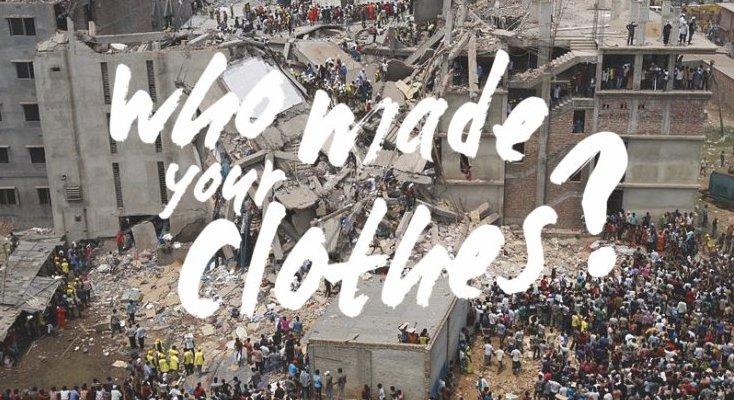
If you pulled 1,000 liters of water out of the ocean, how many small bits of plastic would you expect to find? Ten pieces? One hundred pieces? 8.3 million pieces of what researchers call "mini-microplastic" is the finding of an alarming new study.

Metal contamination levels in some of Tasmania’s lakes are among the highest in the world, a new study has found, while those within the state’s Wilderness World Heritage Area have also been badly polluted by mining.

The environmental audit committee in UK will investigate the social and environment impact of this type of short-lived clothing and the wider industry.

Wet wipes are accumulating on the river beds and changing the course of rivers. They are made up cotton and plastic woven together and are non-biodegradable products that pollute the environment very severely.

Canada’s ban on the manufacture and import of toiletries that contain plastic microbeads officially came into effect on Jan. 1, 2018, in a big win for the environment.

The device, which was developed by a pair of Australian surfers, works by sucking in various kinds of pollution (including oil) and spitting out clean water.

Tiny bits of plastic commonly come rushing out of water taps around the world, according to a new survey of 159 water samples collected from more than a dozen nations.

RiverBlue is a new documentary that delves deep into the shocking underbelly of fast fashion to expose its destructive and widespread impacts on our environment.

A new report by the US Environmental Protection Agency concludes that hydraulic fracturing is capable of contaminating drinking water at virtually every stage in the process.